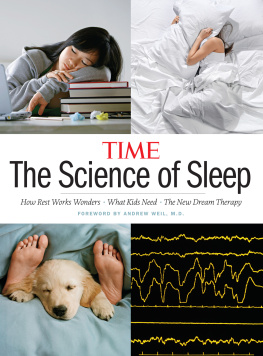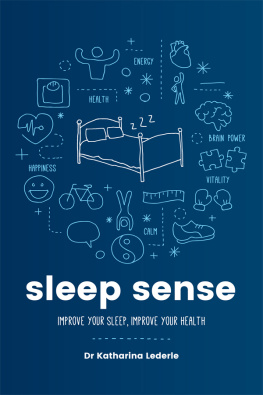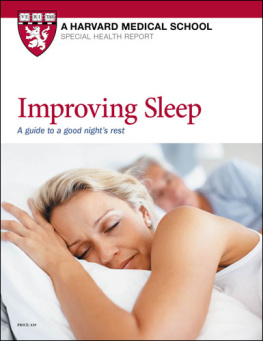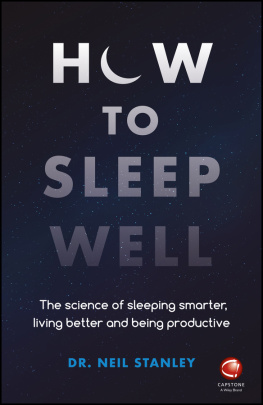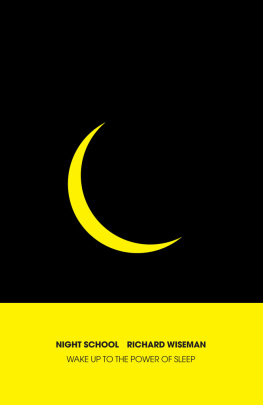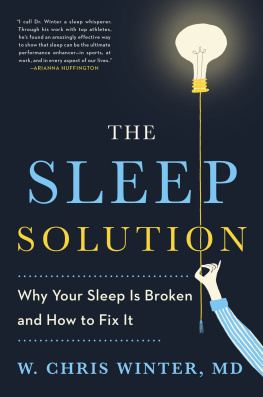


The Science of Sleep
How Rest Works Wonders What Kids Need The New Dream Therapy
The Power of Sleep
Bedtime advice from the father of integrative medicine
BY ANDREW WEIL, M.D.
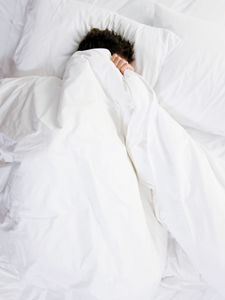
WHO HAS NOT EXPERIENCED THE RESTORATIVE power of a good nights sleep? And how many of us have longed for that experience when it was not available?
Sleep of sufficient quantity and quality is an integral element of a healthy lifestyle. Lacking it, both physical and emotional well-being suffer. Despite a great deal of research on the physiology of sleep, no one really knows why we sleep. How odd that we spend a third or so of each day in an unconscious state or, perhaps more accurately, a state in which ordinary waking consciousness is suspended.
The brain is quite busy during sleep, cycling through various levels of neuronal arousal each night. Is this activity a necessary sort of housekeeping to maintain optimum function? We do not know. Perhaps the daily rhythm of sleeping and waking will always be a mystery: something we experience but will never fully understand.
Most adults need seven to eight hours of uninterrupted sleep a night, but some individuals need more and some much less. In general, young people require more; some teenagers need to sleep nine hours a day, which would likely not surprise people who have adolescents in the house. Patterns of sleepwhat experts call sleep architecturechange as we age. Older people tend to get sleepy earlier but have more difficulty falling asleep and staying asleep, and they often feel tired during the day.
Good sleep includes dreaming, another mysterious experience and one that is poorly understood. Everyone dreams, even those who say they dont. Not everyone can recall their dreams regularly unless they practice relating them immediately on waking to a bed partner or a recording device or writing them down in a journal. (For more about dreaming, about the field of dreaming as therapy.)
A heated debate currently rages between followers of Sigmund Freud, who believe that dreams reveal unconscious conflicts and desires, and neuroscientists, who regard dreams as meaningless productions of the sleeping brain. In any case, if people are deprived of the opportunity to dreamby waking them at the onset of the phase of sleep associated with dreamingtheir well-being suffers, even if they get the amount of sleep they are used to.
But whatever its purpose, good sleep too often eludes us. Judging by sales of prescribed and over-the-counter sleep medications, numerous people in our society have difficulty falling asleep and staying asleep. Sadly, none of these drugs reproduce natural sleep. All suppress dreaming, many interfere with cognition, and some are highly addictive. (To learn about the pharmaceuticals on the market, see )
So many factors can interfere with sleep: excessive use of caffeine and other stimulants, bodily aches and pains, ambient noise and light, an uncomfortable mattress, anxiety and depression, an overactive mind. The term sleep hygiene covers all the habits, practices and environmental influences that determine how we sleep, and if you suffer from chronic insomnia, analysis of your sleep hygiene by a professional may highlight changes that will solve the problem without resorting to drugs.
If you have trouble sleeping on a regular basis, dont overlook the possibility that stimulants, including coffee, may be involved. Many of us are unaware of their profound effects on the nervous system, and theres great individual variability in our sensitivity to caffeine. For the most sensitive, a single cup of coffee in the morning may be the main cause of nighttime insomnia. And aside from familiar beverages like coffee, tea and cola, caffeine is used in various over-the-counter medications, energy drinks and some dietary supplements. If you take these products, you may have no idea how much of the drug youre actually consuming.
Stimulants can also be non-pharmacological. Noise can be a culprit, as can watching exciting media (including the news) before bed and being in the company of people who are anxious. All of this can stimulate the nervous system and interfere with your bodys winding-down period before rest.
I often give advice about nutrition, and I like to think of it not just in the narrow sense of food for the body but in the broader sense of what we choose to experience and how the choices affect our minds and emotions. An overstimulated mind and inability to disengage from thinking are among the most common obstacles to falling asleep. In addition to reducing mental stimulation, turning your attention toward the breath is a good way to practice withdrawing from the flow of thoughts. Relaxation training and meditation techniques, such as mindfulness-based stress reduction, can be very helpful for people with sleep problems (and for the rest of us too).
When I take a medical history, one of the questions I always ask is How well do you sleep? Too often, the answer I get is Not so well. I then ask whether the problem is with falling asleep or staying asleep and inquire in depth about sleep hygiene. Usually I can identify the likely cause or causes of the problem and suggest remedies. If not, I will refer the patient to a sleep expert or clinic. Fortunately, as more physicians and allied health professionals are trained in integrative medicine and lifestyle analysis, more are paying attention to how their patients sleep.
This book reviews the science of sleep, an active field of research with great relevance to health and well-being. I believe the information in these pages will increase your understanding of all those hours you spend asleepand, most important, motivate you to make them more refreshing.
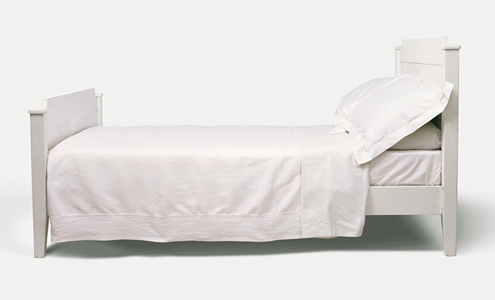
ANDREW WEIL is the founder and director of the Arizona Center for Integrative Medicine, a clinical professor of medicine at the University of Arizona and the author of many books, including Spontaneous Healing and Spontaneous Happiness .
Maintenance for Your Mind
New research shows that a good nights rest isnt a luxuryits critical for the health of your brain as you age
BY ALICE PARK
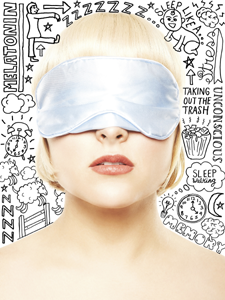
WHEN OUR HEADS HIT THE PILLOW each night, we tend to think were surrendering. Not just to exhaustion, though there is that. Were also surrendering our minds, taking leave of our focus on sensory cues, like noise and smell and blinking lights. Its as if were powering ourselves down like we do the electronics at our bedsidegoing idle for a while, only to spring back into action when the alarm blasts hours later.
Thats what we think is happening. But as scientists are now revealing, that couldnt be further from the truth.
In fact, when the lights go out, our brains start workingbut in an altogether different way than when were awake. At night, a legion of neurons springs into action, and like any well-trained platoon, the cells work in perfect synchrony, pulsing with electrical signals that wash over the brain with a soothing, hypnotic flow. Meanwhile, data processors sort through the reams of information that flooded the brain all day at a pace too overwhelming to handle in real time. The brain also runs checks on itself to ensure that the normally exquisite balance of hormones, enzymes and proteins isnt too far off-kilter. And all the while, cleaners follow in close pursuit to sweep out the toxic detritus that the brain doesnt need and that can cause all kinds of problems if it builds up.
Next page
